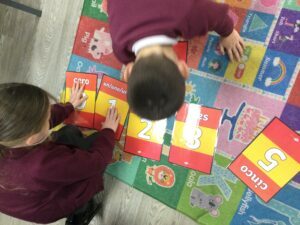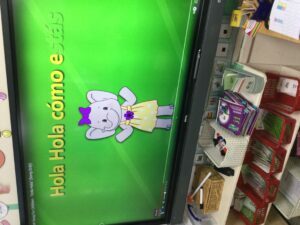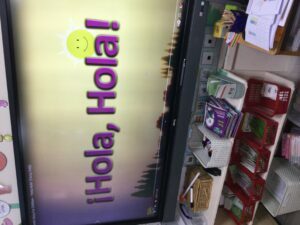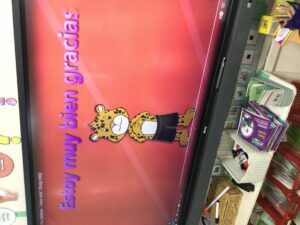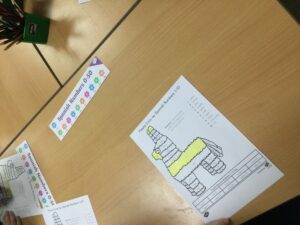Modern Foreign Languages (MFL)
“He who does not know anything about foreign languages, knows nothing of his own.”
Johann Wolfgang Von Goethe.
Teaching Modern Foreign Languages (MFL) to children in primary school is crucial for several reasons. It fosters cultural awareness and an appreciation for diversity, as students learn about languages and customs from around the world. MFL education enhances cognitive abilities, such as problem-solving and memory retention, and can improve proficiency in the native language. Moreover, it lays the foundation for effective communication and fosters a lifelong interest in language learning, which can be a valuable skill in our increasingly interconnected global society. By introducing MFL early, we equip children with the tools to become culturally competent, intellectually versatile, and better prepared for future academic and career opportunities.
In addition, understanding a modern foreign language increases children’s understanding of their own language. The process of learning a foreign language reinforces fluency and understanding of grammar, syntax, sentence structure and verbal precision. Increased capability in the use of Modern Foreign Languages can also promote initiative and independent learning and encourages diversity within society.
Through our teaching of Modern Foreign Languages we aim to:
Ensure every child has the opportunity throughout Key Stage 1 and 2 to study a foreign language and develop their interest in the culture of other nations
Ensure pupils’ learning is enriched in a broad curriculum to which Modern Foreign Languages contribute
Ensure pupils have access to high quality teaching and learning opportunities, making use of supportive schemes of work
Provide language teaching using Listening, Speaking, Reading, Writing and Cultural Understanding.
What we teach in MFL?
At Blacklow Brow School, we teach dedicated Spanish lessons in Key Stage 1 and 2. In EYFS children are exposed to Spanish by using greetings for registration and singing songs.
We currently use the ‘Language Angels’ to support our curriculum and to support high-quality languages education. The ‘three pillars of language learning’ – phonics, grammar and vocabulary, are included in all lessons and units of work.
